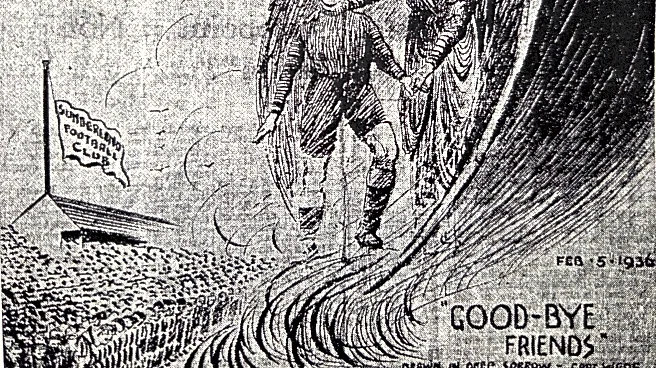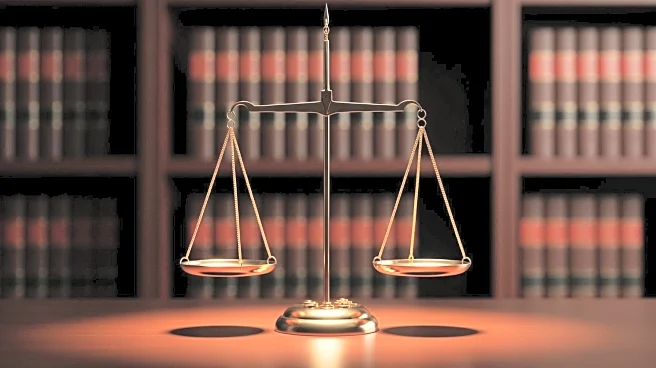Rapid Read • 9 min read
Eighty years after the atomic bombing of Hiroshima, efforts to locate and honor missing victims continue on Ninoshima Island. The island, situated just south of Hiroshima, became a refuge for thousands of the dead and dying following the bombing on August 6, 1945. Many victims were transported to the island by military boats, where they received inadequate medical care, resulting in a high mortality rate. Rebun Kayo, a researcher from Hiroshima University, has been actively searching for remains since 2018, driven by the desire to account for the victims and provide closure to survivors. Kayo has discovered approximately 100 bone fragments, including skull pieces and an infant's jaw bone, in areas suggested by local residents. These efforts are part of a broader initiative to remember and honor those who perished in the aftermath of the bombing.
AD
The ongoing search for missing victims of the Hiroshima atomic bombing highlights the enduring impact of the event on survivors and their families. It underscores the importance of historical memory and reconciliation, as well as the need to address unresolved issues from past conflicts. The discovery of remains provides a sense of closure for survivors and relatives, allowing them to honor their loved ones properly. This initiative also serves as a reminder of the devastating consequences of nuclear warfare and the importance of peace and disarmament efforts. By preserving the memory of the victims, the search contributes to a broader understanding of the human cost of war and the necessity of preventing future tragedies.
The search for remains on Ninoshima Island is expected to continue, with researchers and local historians working together to uncover more evidence of the missing victims. Efforts may include further excavations and collaborations with local residents who have knowledge of burial sites. The findings could lead to more memorials and commemorative events, fostering a deeper understanding of the historical significance of the Hiroshima bombing. Additionally, the discoveries may prompt discussions on the ethical responsibilities of preserving and honoring the memories of those affected by wartime atrocities.
The search for atomic bomb victims on Ninoshima Island raises important ethical and cultural questions about how societies remember and reconcile with past conflicts. It highlights the role of historical research in uncovering hidden narratives and providing justice for those who suffered. The initiative also reflects broader cultural shifts towards acknowledging and addressing historical injustices, as well as the importance of intergenerational dialogue in preserving historical memory. These efforts contribute to a global conversation on peace, reconciliation, and the prevention of future conflicts.
AD
More Stories You Might Enjoy











